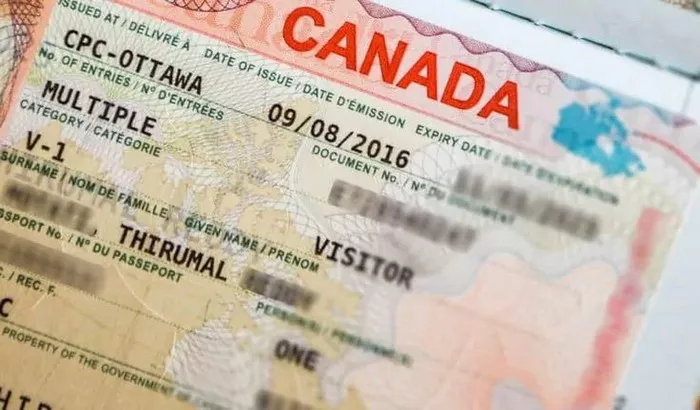Canada, renowned for its diverse opportunities and welcoming atmosphere, attracts countless individuals from across the globe seeking employment. However, entering the Canadian workforce requires adherence to specific legal protocols, particularly obtaining a work permit. This comprehensive guide elucidates the intricacies of the process, empowering prospective applicants with the knowledge needed to navigate this essential pathway to employment in Canada.
Understanding Work Permits: A Prelude
A work permit serves as an official authorization for foreign nationals to work in Canada temporarily. It is imperative to discern the types of work permits available, each tailored to distinct circumstances and eligibility criteria:
1. Open Work Permit: This permit grants the holder the freedom to work for any Canadian employer, excluding those who have failed to comply with employment standards or engaged in certain illicit activities.
2. Employer-Specific Work Permit: As the name suggests, this permit ties the holder to a particular Canadian employer for a specified duration. The applicant must provide a job offer from the prospective employer along with their work permit application.
Navigating the Application Process
Embarking on the journey to secure a work permit mandates meticulous attention to the application process, which typically involves the following steps:
1. Determine Eligibility: Prior to initiating the application, aspiring candidates must ascertain their eligibility for a work permit. Factors such as job offer validity, proof of financial resources, and admissibility criteria are pivotal considerations.
2. Gather Required Documentation: The compilation of requisite documentation constitutes a critical phase of the application process. Essential documents often include a valid passport, proof of job offer, educational credentials, and a comprehensive employment plan.
3. Complete the Application Form: Applicants are obliged to complete the appropriate application form, meticulously furnishing accurate information pertaining to personal details, employment history, and intended duration of stay in Canada.
4. Pay Applicable Fees: The processing of work permit applications necessitates the payment of prescribed fees. It is incumbent upon applicants to ensure timely remittance of fees through designated payment methods.
5. Submit Application: Upon assembling all requisite documentation and completing the application form, applicants must submit their application through the prescribed channels. Submission methods may vary depending on the applicant’s country of residence.
6. Undergo Medical Examination (if required): Certain occupations and circumstances necessitate applicants to undergo a medical examination to assess their health status. Compliance with medical examination requirements is imperative for a successful application.
7. Wait for Processing: Following submission, applicants are required to await the processing of their application. Processing times may fluctuate depending on various factors, including the volume of applications and the complexity of individual cases.
8. Receive Decision: Upon completion of the processing period, applicants receive a decision regarding the status of their work permit application. Successful applicants are issued a work permit, enabling them to commence employment in Canada as per the terms stipulated.
Navigating Complexities: Tips for a Successful Application
While the process of obtaining a work permit may seem daunting, adhering to certain strategies can enhance the likelihood of a successful outcome:
1. Thorough Documentation: Ensure meticulous compilation of all required documentation, including a comprehensive employment offer and any supplementary materials requested by immigration authorities.
2. Adherence to Guidelines: Strict adherence to prescribed guidelines and instructions is paramount throughout the application process. Any deviation or oversight may jeopardize the application’s success.
3. Seek Professional Assistance: In cases of complexity or uncertainty, seeking professional assistance from immigration consultants or legal experts can provide invaluable guidance and support.
4. Stay Informed: Stay abreast of updates and changes to immigration policies and procedures, as they may impact the application process and eligibility criteria.
5. Plan Ahead: Initiate the application process well in advance to account for potential delays and ensure timely commencement of employment in Canada.
Conclusion
Obtaining a work permit in Canada represents a significant milestone for individuals aspiring to contribute their skills and expertise to the Canadian workforce. By comprehensively understanding the intricacies of the application process and diligently adhering to prescribed protocols, prospective applicants can navigate this pathway with confidence and embark on a rewarding professional journey in Canada.


